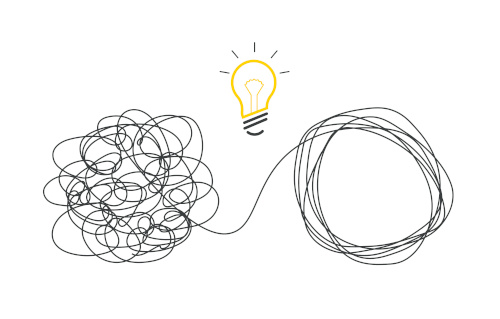As educators, our charge is to impart knowledge onto our students, open new doors for them, and encourage them to stretch beyond their comfort zones. We try to show them every day that they are capable of doing anything that they set their minds to, but how often do we follow our own advice and push our own boundaries to try or learn something new?
As a physical education teacher in an underserved community, finding ways to connect with my classes during the pandemic and a time of remote learning was challenging. With sports being canceled, I was searching for new avenues to engage my students when I came across the Samsung Solve for Tomorrow contest, a program encouraging problem-based learning.
The contest tasks middle and high school students with identifying a solution to a real-world problem using STEM, and I was hesitant to apply as I do not teach a traditional STEM discipline. However, I knew that my students have a passion for making their community a better place for themselves and their families, and I decided to step outside the box and go for it.
Throughout the course of the project development, I watched my students approach problems from different angles and come up with solutions to real-life issues that they experience every day. My students at Hope of Detroit Academy identified urban decay as an issue that was close to home but affects many other areas in the U.S., and they have seen firsthand how it takes a toll on their community economically, socially, psychologically, and physically. They landed on developing an app to track and report abandoned homes and illegal dumping sites in Detroit to community groups that lead clean-up efforts.
Our project, the Green Warrior app, has been used in Detroit since mid-last year to track where the city has come in to clean up vacant lots, board up or tear down abandoned houses. Our work isn’t done, and we have a goal to roll it out in Spanish as well.
Our class was named a National Winner in the Samsung contest, earning $130,000 in technology for our school. News of our win made it all the way to Michigan Representative Abraham Aiyash and Congresswoman Rashida Tlaib, followed by accolades including a Spirit of Detroit Award for outstanding achievement or service to the citizens of Detroit and a 2021 Congressional App Challenge honor, the most prestigious national recognition for students in computer science.
Due to this exposure, our school received additional funding from Ferris State University, allowing us to use our winnings to build an outdoor classroom, purchase VR headsets and 3D printers, and build a state-of-the-art STEM lab. Providing students in this lower-income community with access to this technology and innovation is critical as it increases student engagement, improves collaboration, and helps foster personalized learning.
Following our success with Solve for Tomorrow, we are remodeling the structure of our school to reflect the pillars of STEAM – we are building a specific wing where we will host science, technology, engineering, art, and math classes, and have added new electives to align with the different tracks to ensure students’ high school education prepares them for their future college and career plans. As a part of this, I now oversee an environmental STEM class focused on designing projects that benefit the community.
It is not necessary to teach a STEM subject or have a science or technology background to implement problem-based learning in the classroom. This hands-on education not only caused my class to think about who they are as students and citizens of the world, but also forced me to reevaluate myself and who I am as an educator. The kids got to witness firsthand their power to make change in the world, which is an intangible confidence source for students who truly need it.
Whether you teach science, art, band, or physical education like me, I highly recommend applying to the Samsung Solve for Tomorrow contest, which opened September 21.
- Integrating VR into your classroom is easier than you think - July 25, 2024
- Privacy and data protection are driving edtech adoption trends - July 24, 2024
- Federal COVID relief dollars improved student test scores, two new studies find - July 23, 2024


